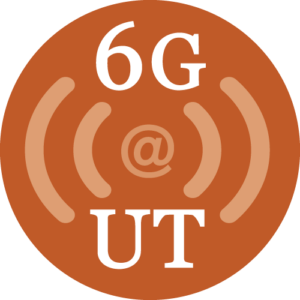“In June, a 213-foot luxury yacht sailed off the southern coast of Italy, when, suddenly, it veered off course. But this was no sinister act worthy of a spy flick. Instead, a team of researchers from the University of Texas at Austin had deliberately coerced the $80 million vessel from its track, without physically taking the helm.
With the blessing of those aboard, Professor Todd Humphreys and his graduate students employed a technique called “GPS spoofing” to effectively disorient the ship’s positioning system. Changes went undetected by alarms, and the autopilot system shifted the yacht to what it thought was the original course, not one selected by Humphreys’ team.
Watch the PBS NewsHour interview online.










